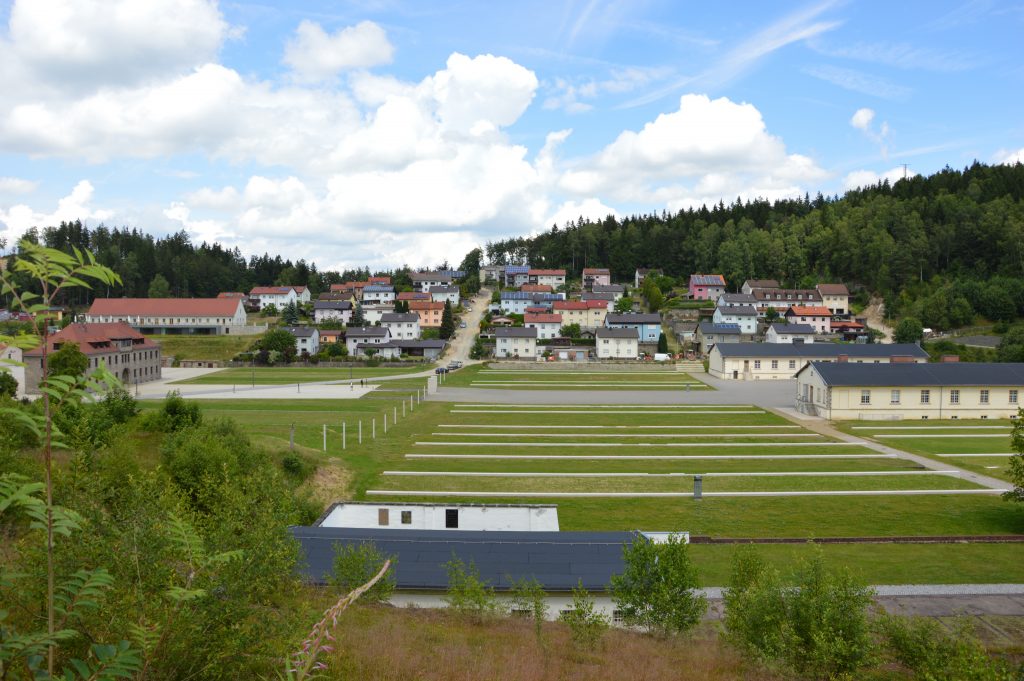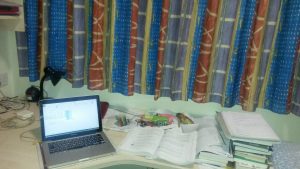In the run up to International Open Access Week, Dr. Paul Spencer, the BDC’s PGR Environment Development Manager, shares his thoughts on why openness matters.
I’m an enthusiastic advocate of Open Access — the free, immediate, online availability of research articles coupled with the rights to use these articles fully in the digital environment. I believe this paves the way for positive changes to how research is conducted and disseminated that facilitate breakthroughs making tangible differences as we face challenges in modern society.
But I realise that not everyone thinks the same way I do. There are some folks in academia that baulk at the idea of transforming a long established model of scholarly publishing for fear that it destabilises the way that academics are recognised and rewarded for their contributions in research. I think this is particularly difficult for postgraduate researchers who often receive conflicting advice on how to take the first steps in getting published.
In a few days it will be Open Access Week (23–29 October 2017), an international celebration of the progress made in open access. This year the theme is to highlight the facilitative nature of open access by asking people to complete the sentence “Open in order to_______”.
What follows are my responses to that call.
Open in order to establish yourself as a researcher
The academic research environment is undeniably a crowded and competitive space. It is imperative for those who are taking their first steps into this arena to leverage all they can to establish themselves as researchers in their speciality.
I believe that having a strong digital identity is immensely helpful. The first place is to set up a digital identifier for yourself as a researcher so that you can ensure all of your outputs are connected to you and your digital identity. It’s called ORCiD and it’s very simple to set up. Do it now.
Open in order to make a difference
I believe that most researchers do what they do not because they want to be rich and famous, most do it because they want their ideas, research, suggestions, theories to make some sort of difference to the world.
This is in essence what a doctorate is all about, producing an original contribution to knowledge and therefore furthering our understanding about how things are. Therefore it becomes really important that we do what we can to ensure that our outputs are not placed behind restrictive paywalls.
Open in order to further your career
“Publish or perish” is a well worn phrase when it comes to progressing an academic research career. One school of thought on this is to only target the most prestigious journals in your field and publish there at all costs. The downside of this approach is that it is a risky game to play, especially when you are an early career researcher as what you really need is quality outputs that are visible and are being cited.
Making your research articles open access increases your citation rates and is therefore good for your career!
Open in order to make connections
Establishing your reputation as researcher is a key element in a digitally connected world and there is good evidence that being able to write and share work that is in progress or in print via a number of social media platforms is now part and parcel of a modern academic’s scholarly life.
Open in order to agitate change in scholarly publishing
A little further up this post I linked to an article entitled Untangling academic publishing: A history of the relationship between commercial interests, academic prestige and the circulation of research. I think it is important to understand how the scholarly publishing landscape has evolved over the past 25 years (and why) so that researchers who are starting out understand just how it works, especially when it is your labour that is being profited from.
Most of the economics of publishing are largely hidden from the academic community and is increasingly under the control of four very large commercial organisations. But it doesn’t have to be this way – the power to influence and change is your hands, the early career researchers who will be the research leaders of the future.
So, there are a few things to start you thinking. Are you being open to the idea of open?
The Bristol Doctoral College would love to hear your thoughts about this.
Header image: ‘Open’ sign — CC BY-NC 2.0, Niklas Morberg (bit.ly/2xQlggD)





